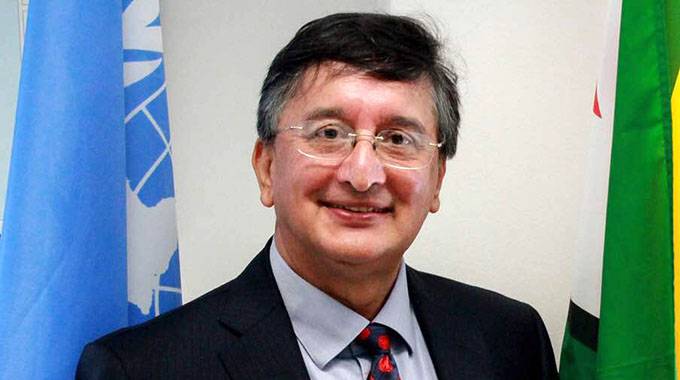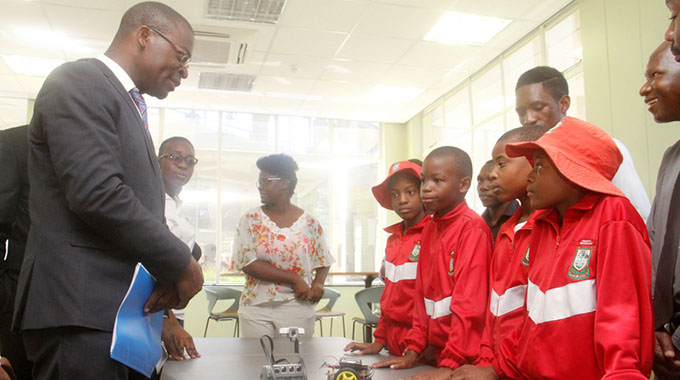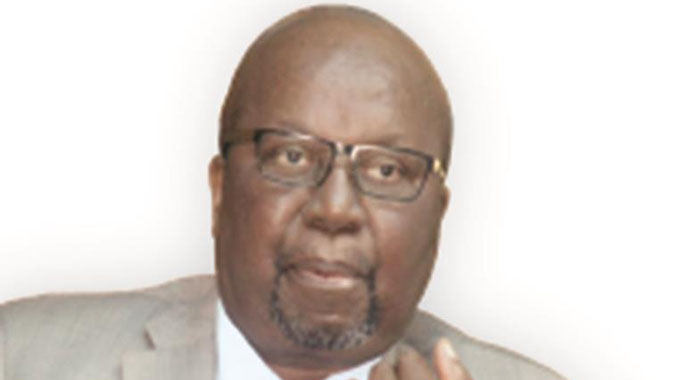UN dismisses ‘absolute nonsense’ Zim reports

Zvamaida Murwira Senior Reporter
The United Nations (UN) yesterday dismissed as “nonsense” online media reports that it had approved the intervention of a multinational force to Zimbabwe, saying it was a clear misinterpretation of a visit by a senior official from the global body aimed at mobilising resources for humanitarian assistance.
Online news agency, Bulawayo24 yesterday quoted unnamed diplomats who claimed the UN Security Council was planning to send armed forces to remove Government for alleged human rights violations.
This followed a visit by UN Under Secretary-General for Humanitarian Affairs and Emergency Relief Coordinator, Mr Mark Lowcock, who committed $10 million.
The United States is providing an additional $15 million for humanitarian assistance aimed at mitigating the effects of drought-induced food deficit.
In an interview yesterday, UN Resident coordinator Mr Bishow Parajuli said he read the story with bemusement and shock at the level the falsehoods.
“I asked myself whether I was dreaming when I read about it. It is not only nonsense, but absolutely nonsense. It is not even worth to get a response from us. That is totally unfounded and mischievous. That is very unfortunate,” said Mr Parajuli.
The $25 million was committed on Thursday during a Flash Appeal in which the UN is requesting the international community to assist the country overcome drought-induced humanitarian challenges.
Mr Parajuli said relations between the UN and Zimbabwe were cordial, hence the decision to join hands with Harare to fight economic challenges occasioned by drought.
Addressing delegates during the launch, Mr Parajuli implored other development partners to join and help Zimbabwe.
“The UN is committed to continue to work with the Government to undertake the necessary reform efforts as outlined in the Transitional Stabilisation Programme to support the country’s vision to become a middle income country by 2030. That having been said, these longer term reform efforts need to take place in parallel short-term humanitarian assistance that are life-saving and resilience-building activities that are aimed to prevent further deterioration and safeguard gains made so far,” said Mr Parajuli.










Comments